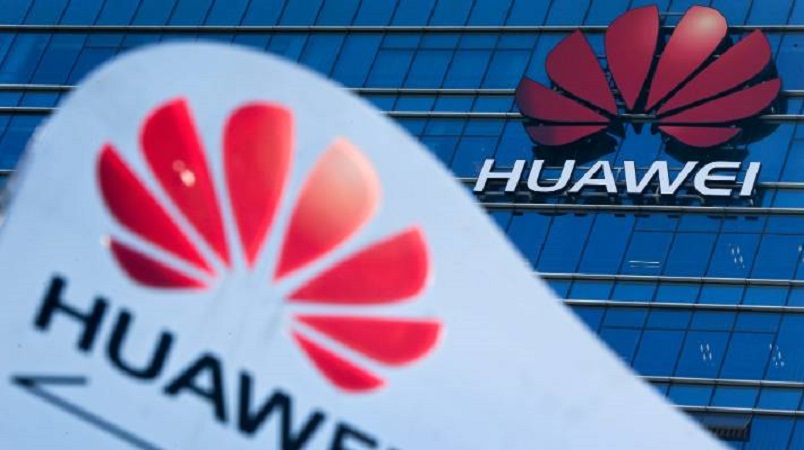
No decision has been made about whether to allow Huawei to build Britain's 5G network as officials worry about "serious" engineering problems that could leave civilian networks vulnerable to compromise.
Britain's National Cyber Security Centre (NCSC) technical director Ian Levy said worrying engineering issues identified last year were yet to be resolved.
"As of today, we have not seen a credible plan [to address the issue]. That's the reality of the situation, unfortunately," Levy said.
Britain is facing pressure to follow Five Eyes partners Australia, the United States and potentially New Zealand in banning Huawei from supplying core 5G network equipment. The government will make a decision after a review concludes in the British spring.
This week, British media reported that intelligence officials had concluded that the risks of allowing Huawei to build the network could be mitigated.
However, Ciaran Martin, head of the National Cyber Security Centre, which is part of the UK's intelligence, security and cyber agency known as GCHQ, told journalists no decision had been made.
"We haven't taken any decisions," Martin said.
Earlier Martin had also said he believed strict controls and oversight could offset risks posed by Huawei.
Andrew Little, the minister responsible for New Zealand's intelligence agencies, downplayed Martin's latest comments when interviewed on RNZThursday morning.
In November the New Zealand's Government Communications and Security Bureau (GCSB) declined an application by Spark to use 5G equipment from the Chinese telecommunications giant Huawei.
The GCSB found a significant network security risk in proposals by Spark to use Huawei equipment in a 5G network in this country.
Spark now has to show how those concerns can be mitigated if it wants to proceed with the project.
Little said he met with officials from UK agencies, including the head of GCHQ, in late January.
"Without disclosing the detail of that conversation, what I can say is that I came away from that conversation comfortable with the advice that I had received from the GCSB here in New Zealand," he told RNZ.
Comments reportedly made by Martin "wasn't quite the briefing" he received from the UK officials about Huawei.
"I guess what I'm trying to do is not do a repeat of what we've seen in the last couple of weeks, and that is overblow statements that are taken from media reports from overseas," Little said when asked to explain his comments further.
"The media report that I've seen of the statements made overnight were that ... they've identified no misuse by Huawei of their technology, and that they think they can manage risks associated with Huawei," Little said.
"They haven't said what those risks are that they need to manage, and they haven't said how they're going to manage them.
"That's no different to the position that we're in, in terms of the advice that the GCSB has given and what they've gone back to Spark with. So I don't think there's anything particularly remarkable about this," he said.
It wasn't a question of whether China could be trusted or not, he said.
"As a country and as a government we have a very strong and positive relationship with China. But when it comes to questions of vulnerability, that every country has, we have agencies dedicated to doing the work of assessing threats and risks," Little said.
